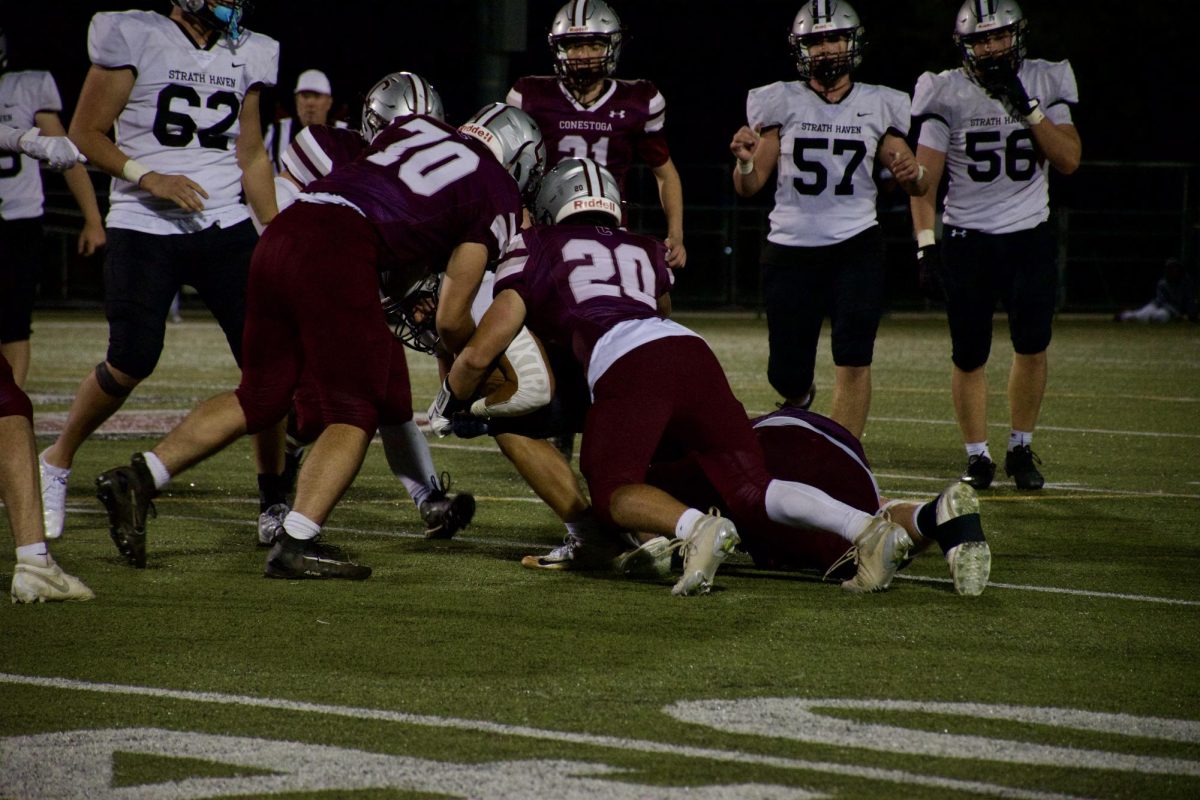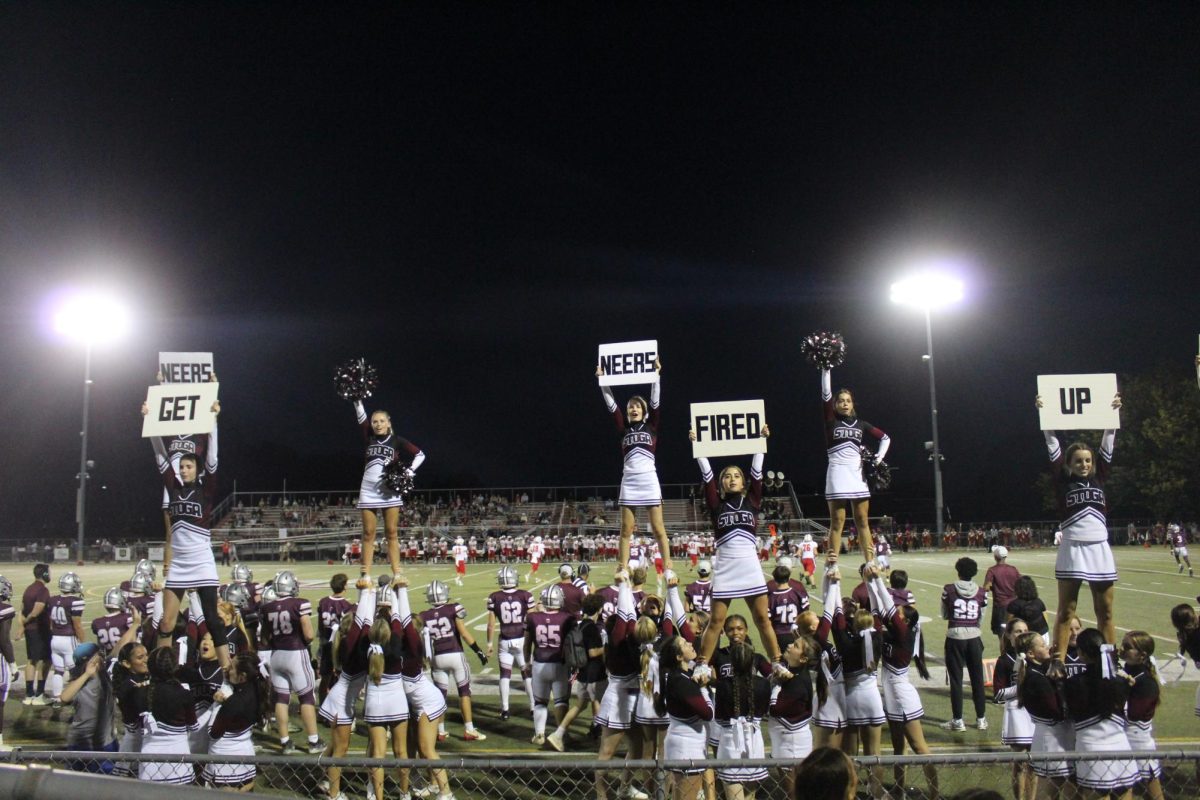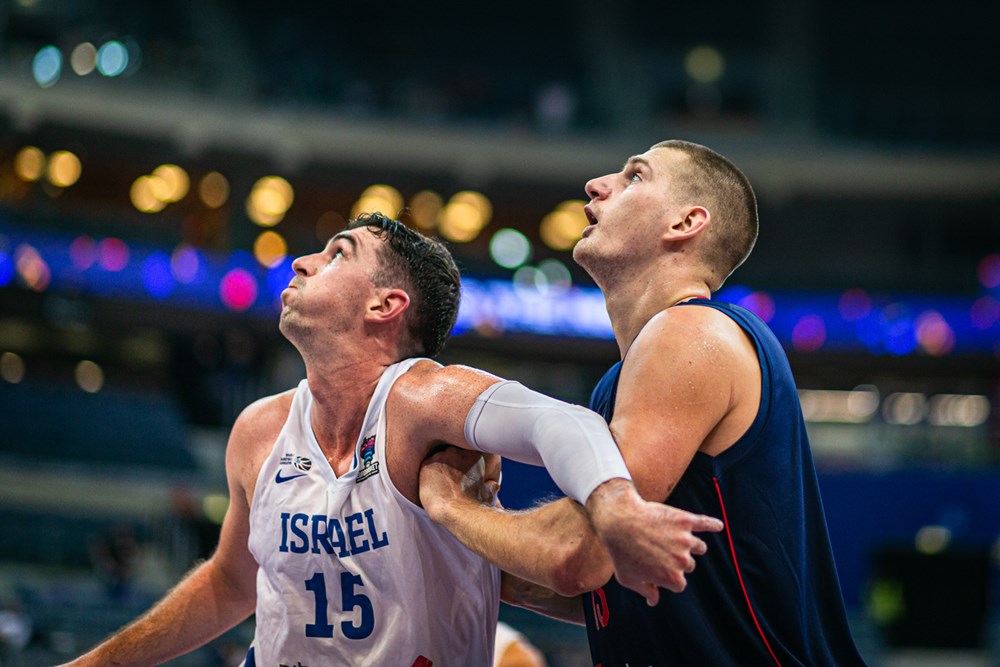On April 15, 1947, Jackie Robinson made his MLB debut for the Brooklyn Dodgers. Robinson scored the winning run, but that wasn’t the only thing that made his debut special — by playing in the game, Robinson became the first Black MLB player.
Sports are entertaining to watch and to play, but they also have major societal effects that many fans overlook while cheering on their favorite teams. Throughout history, star athletes have played key roles in sparking major social movements.
Robinson breaking the MLB color barrier was more than a significant event in baseball. After World War II, Black Americans made major strides toward equality, like when President Harry Truman desegregated the military in 1948. Robinson’s MLB debut symbolized the progress the Black community was making and helped transform the fight for equality from a political one to a social one. Robinson would go on to become an active member of the NAACP and spoke at the March on Washington in 1963, according to the Jackie Robinson Museum.
Some athletes have risked their careers by speaking out against injustice, even when they knew it would mean public backlash. In 1967, boxer Muhammad Ali refused to join the army after he was drafted to fight in the Vietnam War, citing his religion and opposition to fighting Vietnamese people who hadn’t wronged him while Black Americans were struggling for equal rights. Ali was arrested and stripped of his boxing license and title, and, according to Jerry Izenberg, a sports journalist who covered Ali’s career, Americans driven by fervent nationalism viewed Ali’s stance as unpatriotic and labeled him a “coward” and “traitor.” However, as opposition to the Vietnam War grew and the Civil Rights Movement gained momentum, Ali’s status as a well-known athlete resulted in him being invited to speak at colleges and universities across the country, where he fueled more opposition to the war and became a powerful voice for the Civil Rights Movement.
Athletes continue to fight for what they believe in today. In 2016, NFL quarterback Colin Kaepernick started kneeling during the national anthem to protest police brutality against Black Americans. Kaepernick was widely criticized for doing so, including by President Donald Trump. When his contract expired after the season, no team signed him, and Kaepernick hasn’t played in the NFL since. According to a 2017 article by FiveThirtyEight writer Kyle Wagner, “It’s obvious Kaepernick is being frozen out for his political opinions.” Although he lost his career, Kaepernick succeeded in bringing attention to racial issues in the United States.
Athletes’ political statements are often controversial, and those who disagree with those statements likely believe that athletes should not get involved with societal problems. However, from Robinson to Kaepernick, athletes have long created positive societal change. No matter how controversial doing so may be, athletes — and we ourselves — should continue to stand for what is right.
Eshan Singh can be reached at [email protected].



























































































